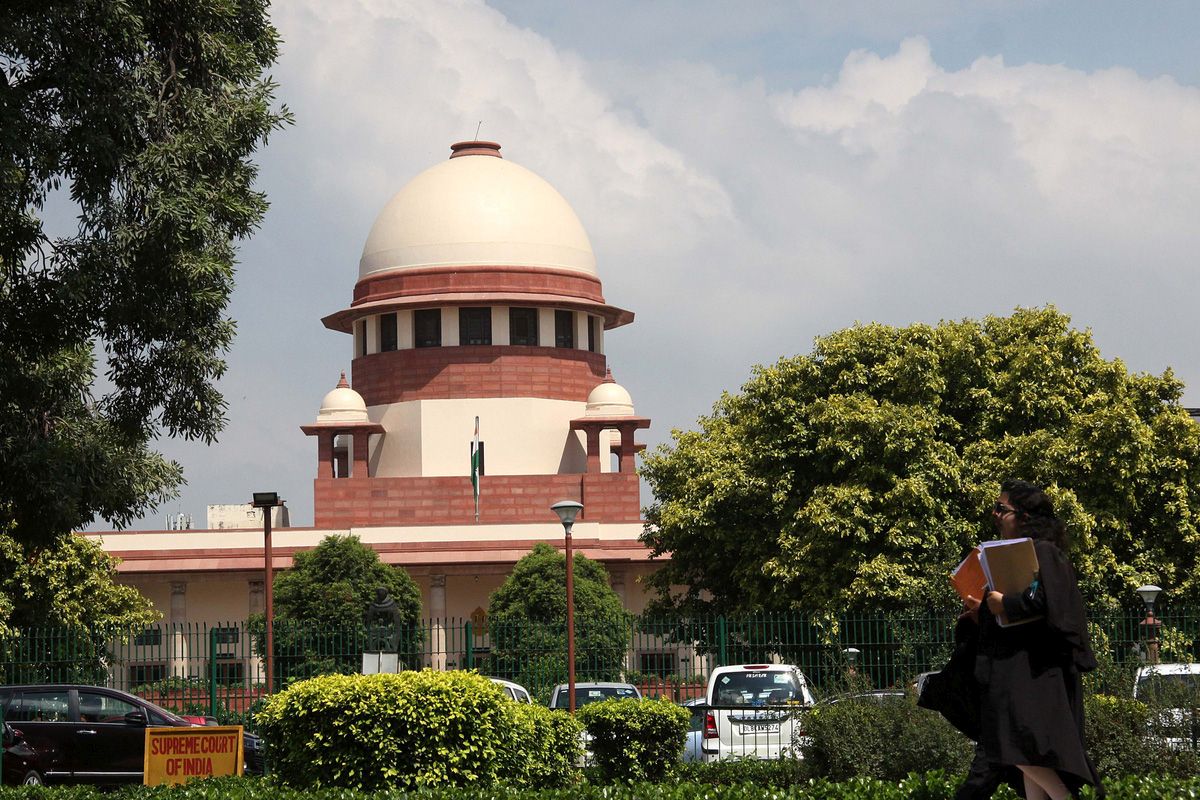Unidentified drone spotted over restricted Ram temple area in Ayodhya
Suspecting it to be a conspiracy to create a stampede-like situation in the area, an FIR was lodged in this case.
Earlier in the day, Supreme Court cleared the way for the construction of Ram temple at the disputed site in Ayodhya and directed the Centre to allot a five-acre plot to the Sunni Waqf Board for building a mosque.

Supreme Court (File Photo: IANS)
Solicitor General Tushar Mehta on Saturday welcomed the Ayodhya verdict, which cleared the way for the construction of a Ram temple at the disputed site, calling it “a rare combination of intellectual maturity.”
“It is a historical verdict in more than one way. All five judges deserve unequivocal commendation for having adjudicated a dispute which was the oldest legal dispute of the present century,” Mehta said.
Advertisement
“This landmark verdict and the elaborate process undertaken by the highest court of the nation has reinforced and reaffirmed the faith and trust of the common man that his rights are in the safest possible hands of this great judicial institution,” said the law officer, who had represented the Centre and the Uttar Pradesh government in the title dispute.
Advertisement
Earlier in the day, the Supreme Court cleared the way for the construction of a Ram temple at the disputed site in Ayodhya and directed the Centre to allot a five-acre plot to the Sunni Waqf Board for building a mosque.
“The judgment, considering the peculiar facts of the case, being unanimous demonstrates judicial statesmanship and reflects a rare combination of intellectual maturity,” Mehta said.
“Highest court of our great nation, living by its own glorious past, has balanced justice on both sides strictly according to law after painstakingly analysing the intricacies of law involved and checkered facts dating back to several centuries,” the solicitor general said.
Advertisement